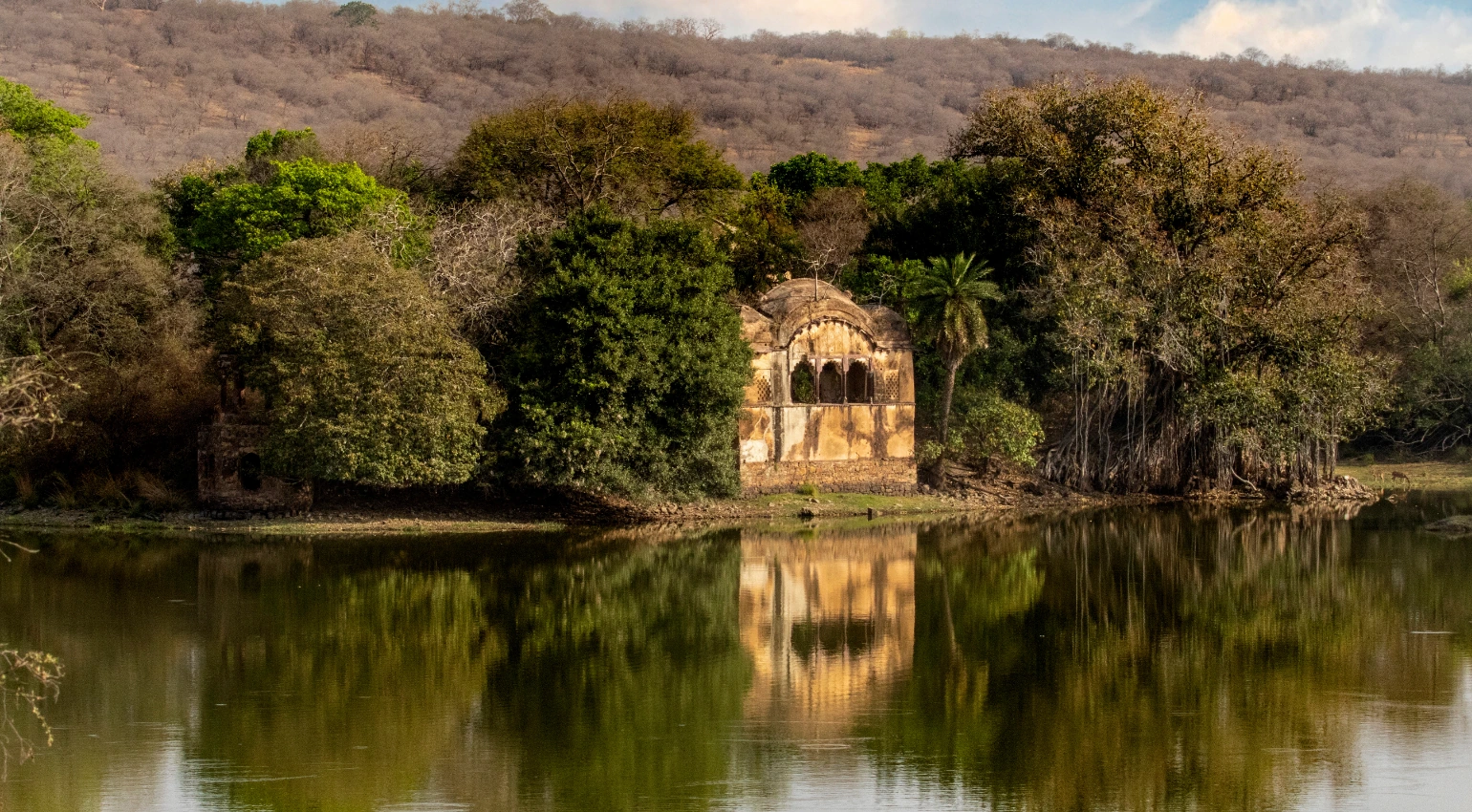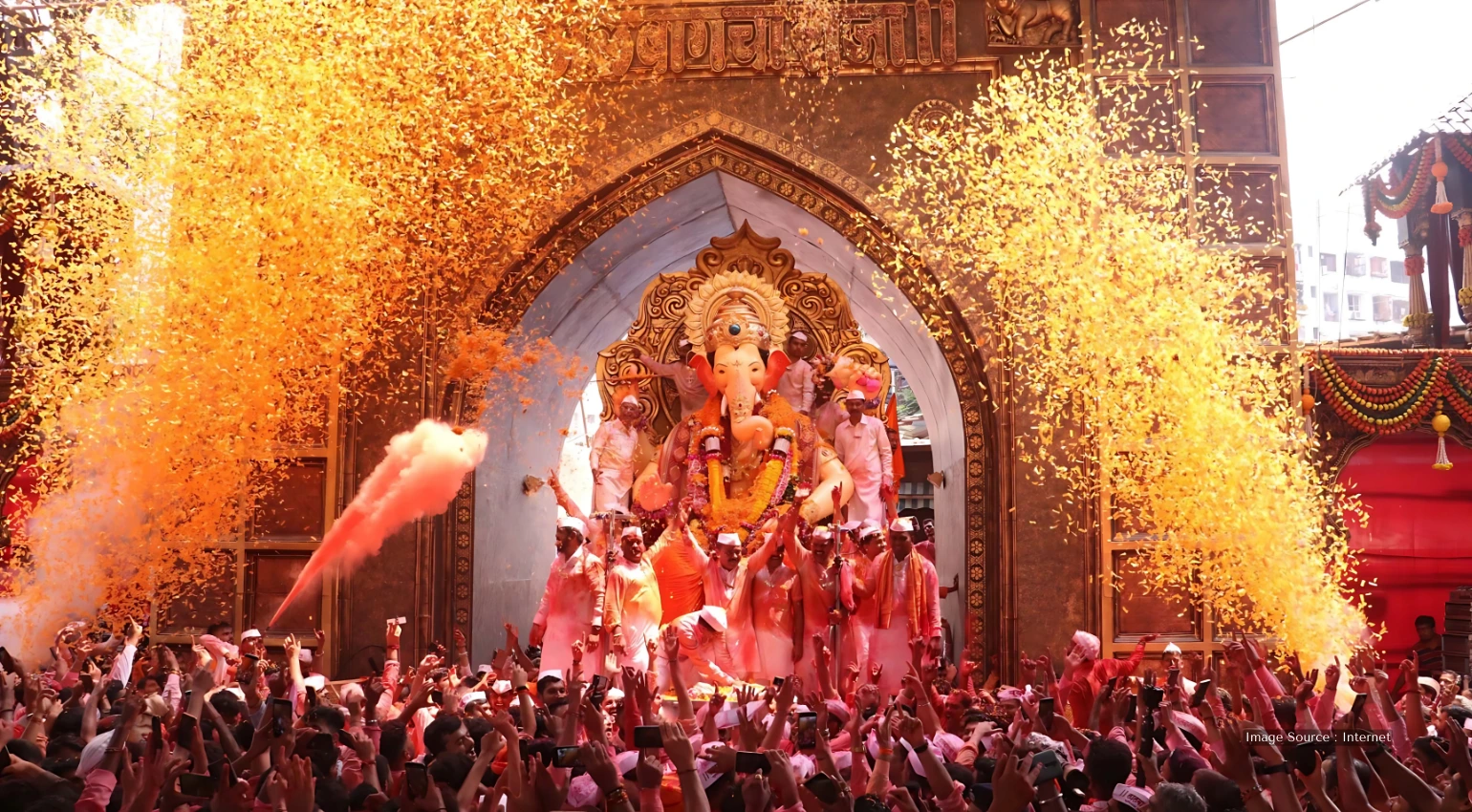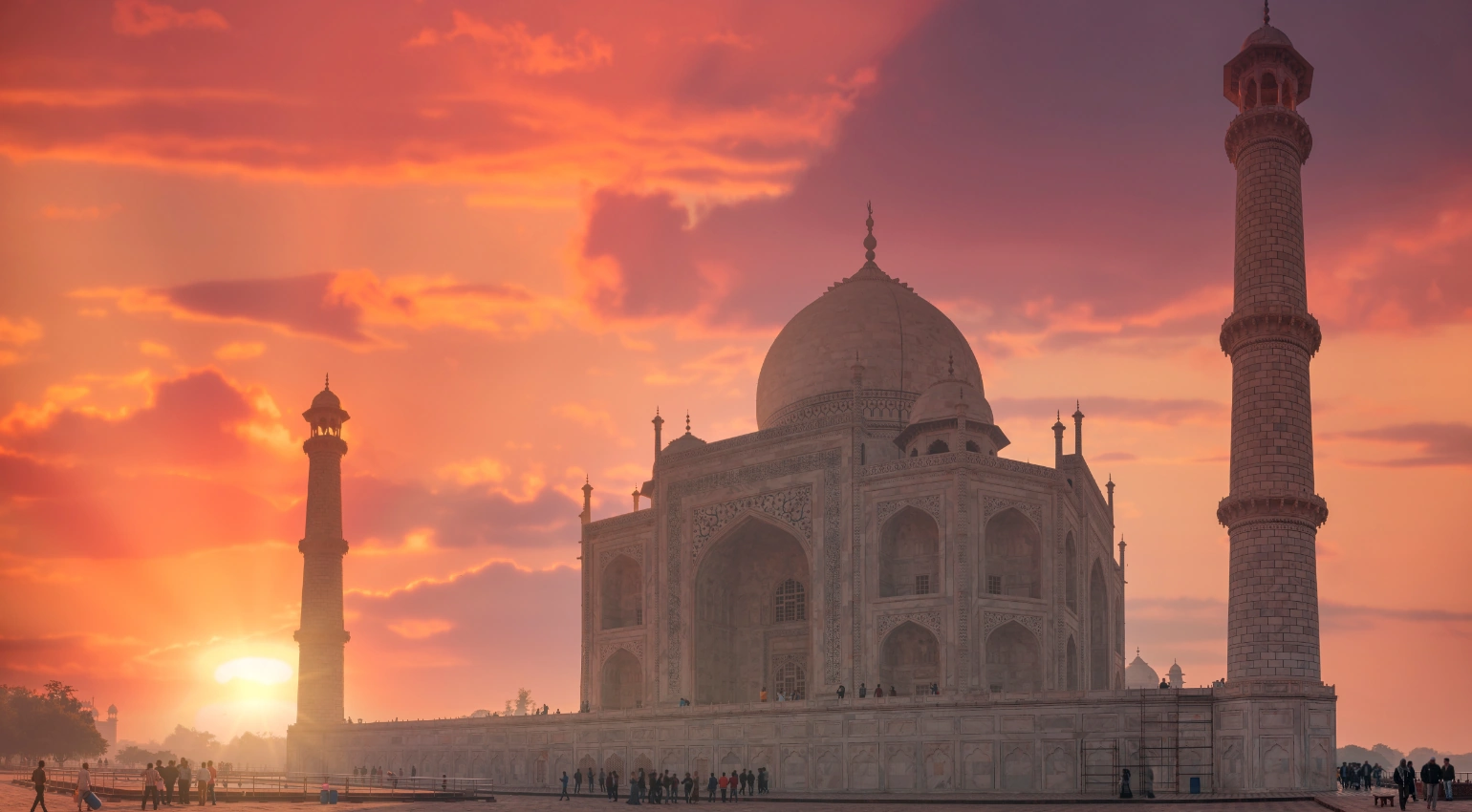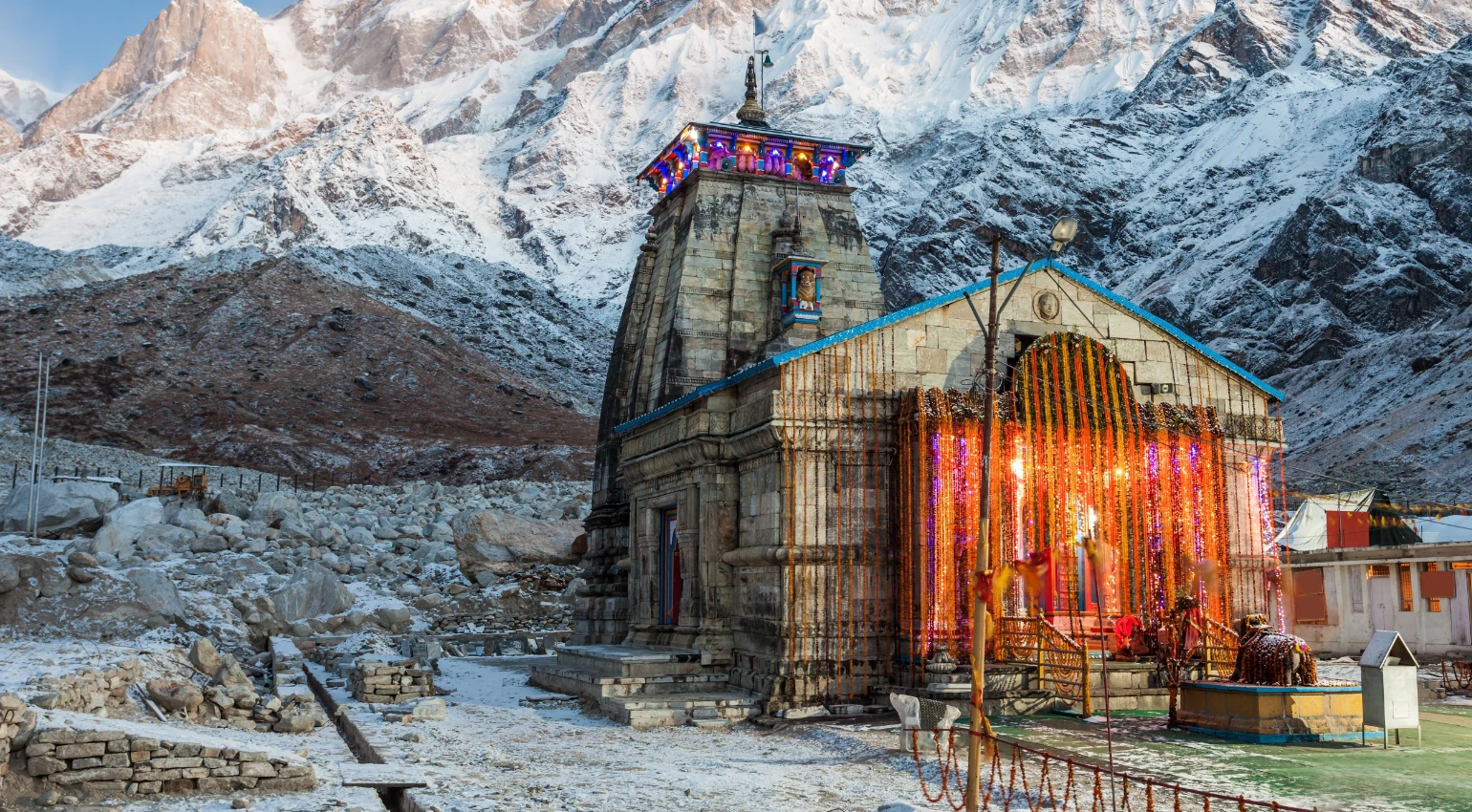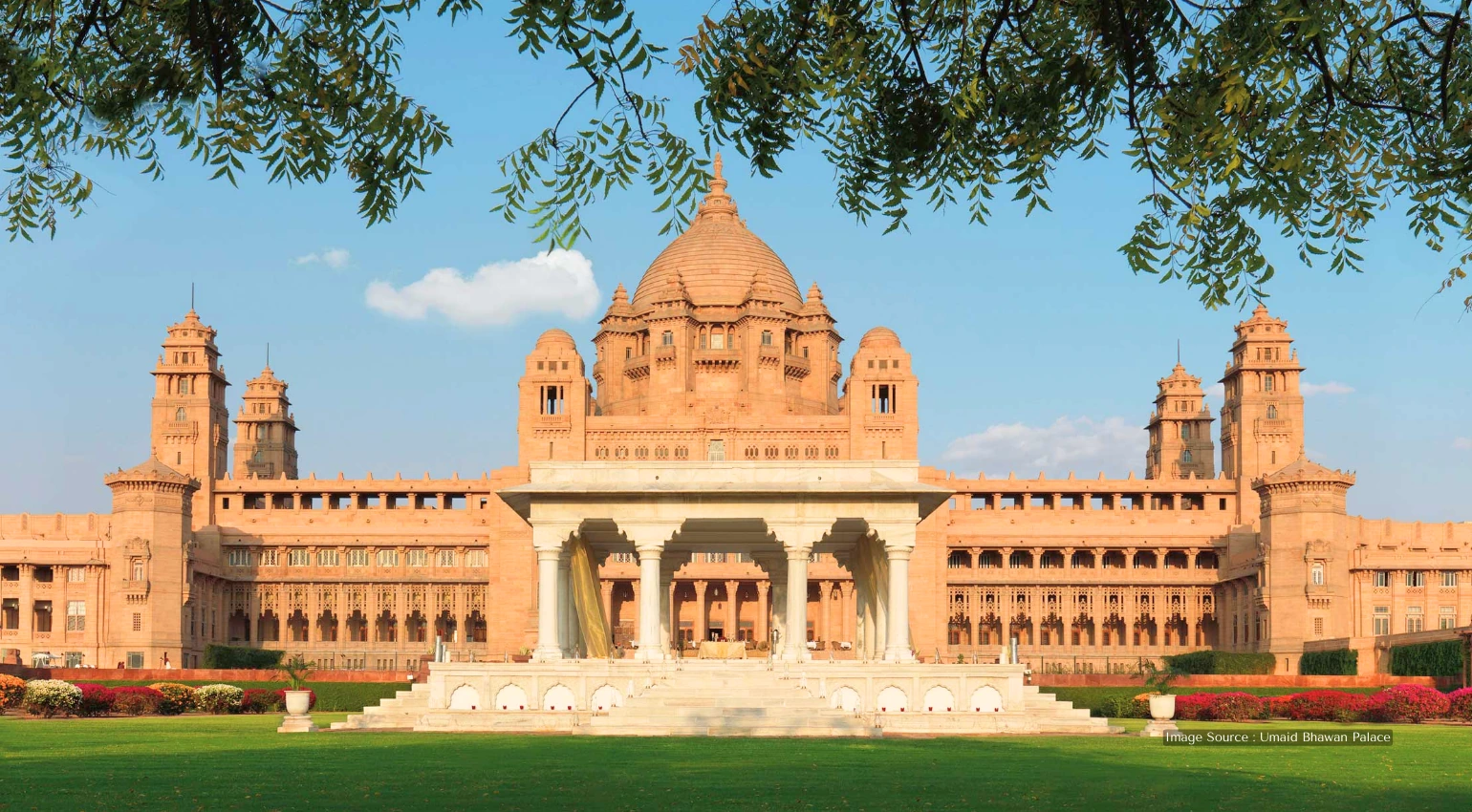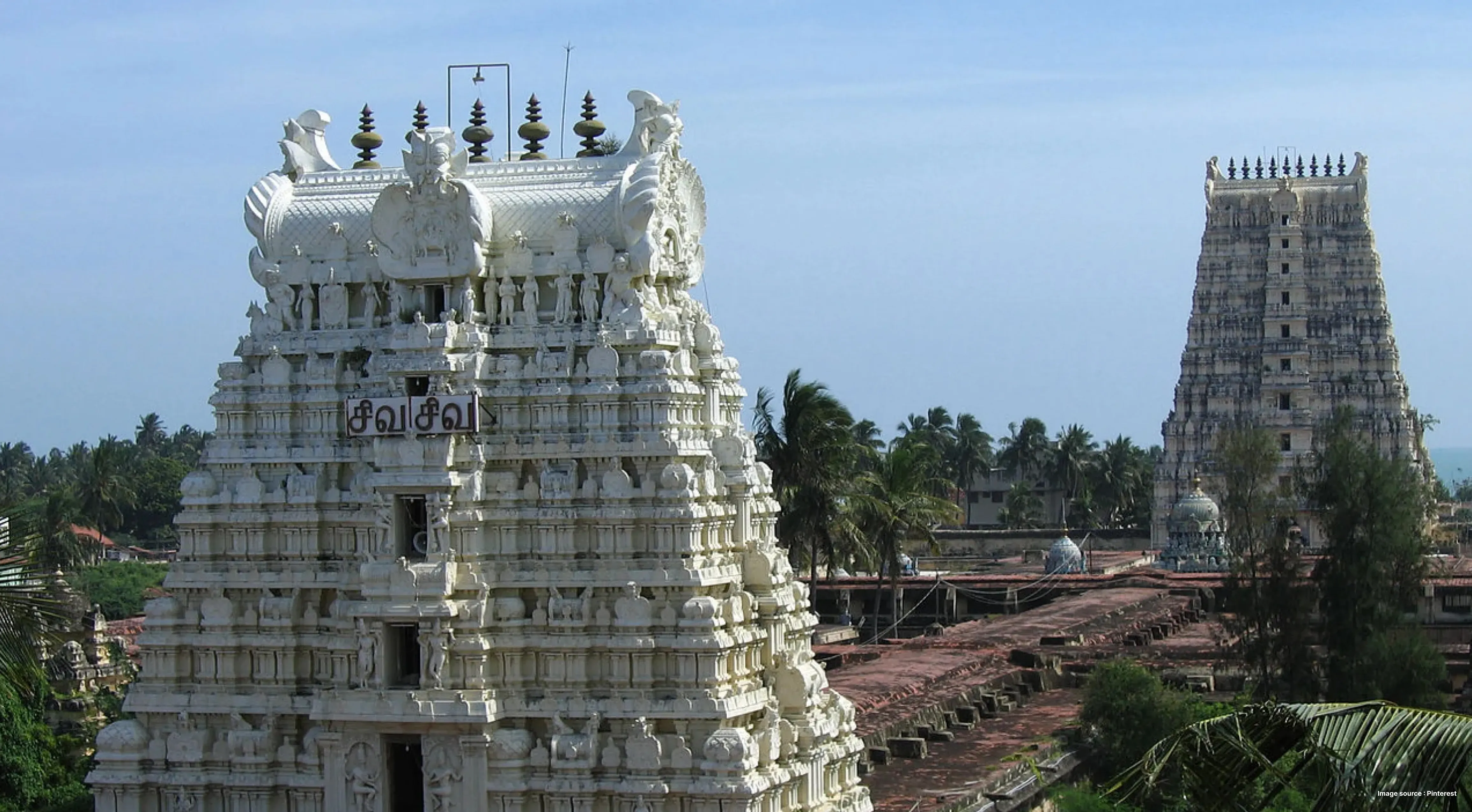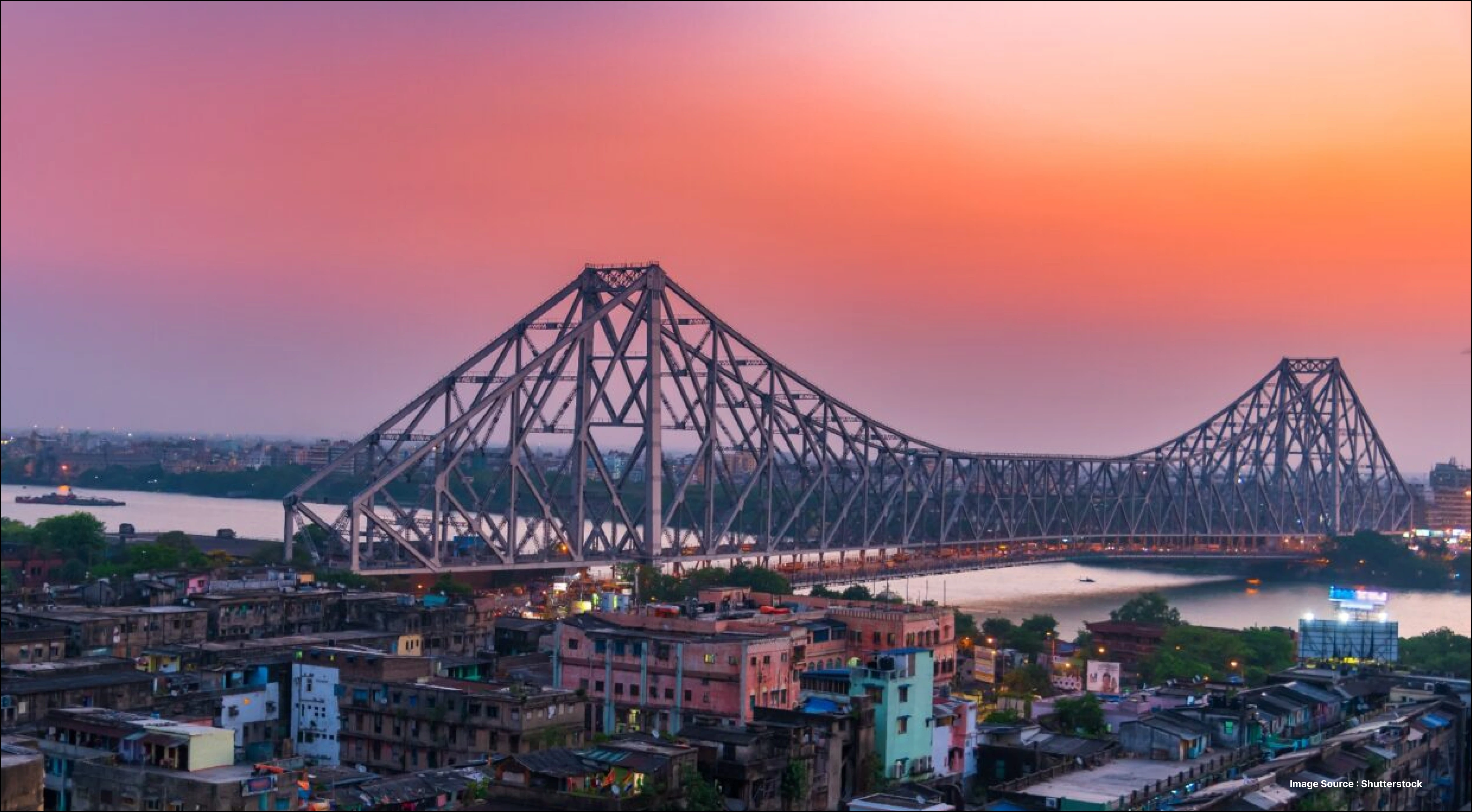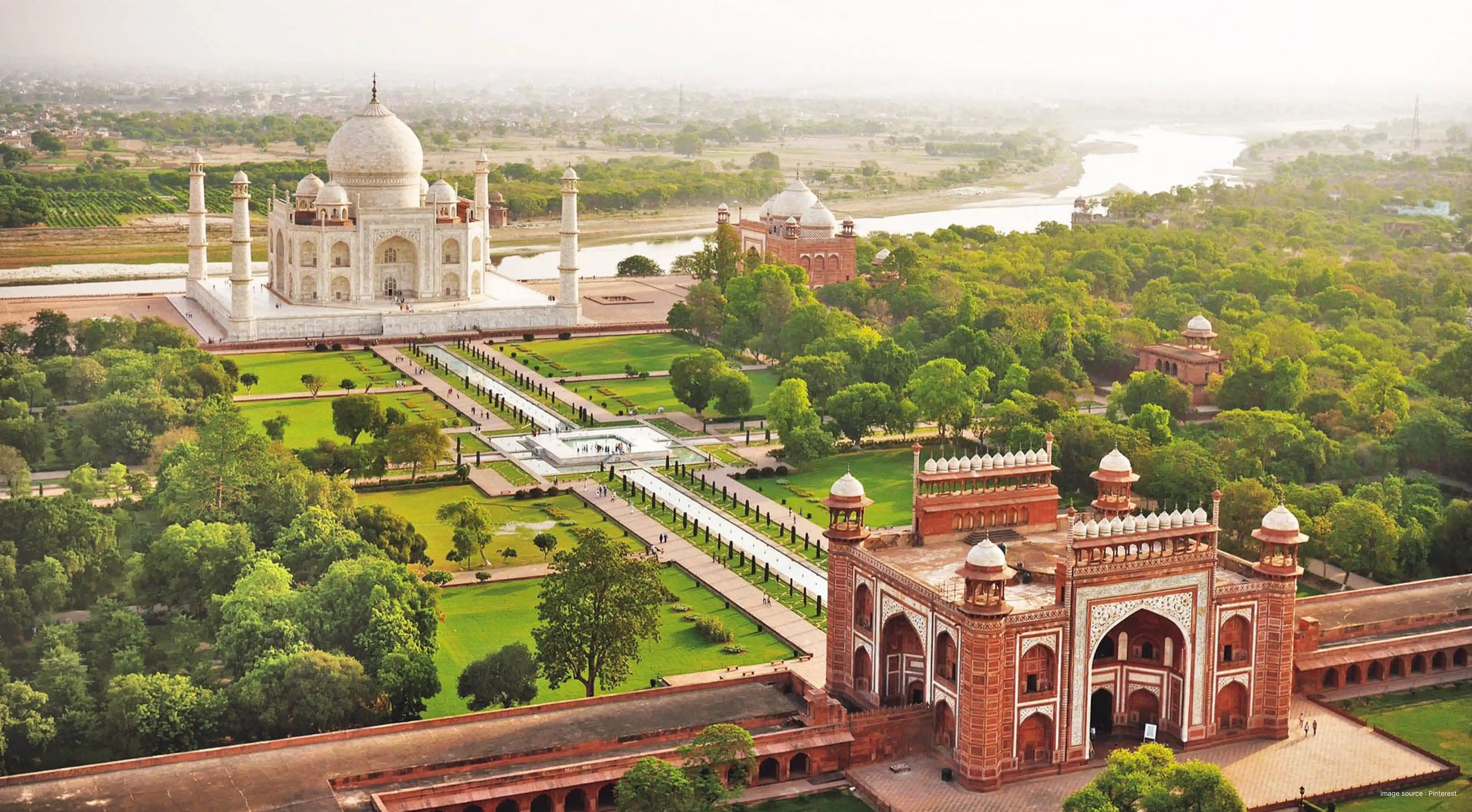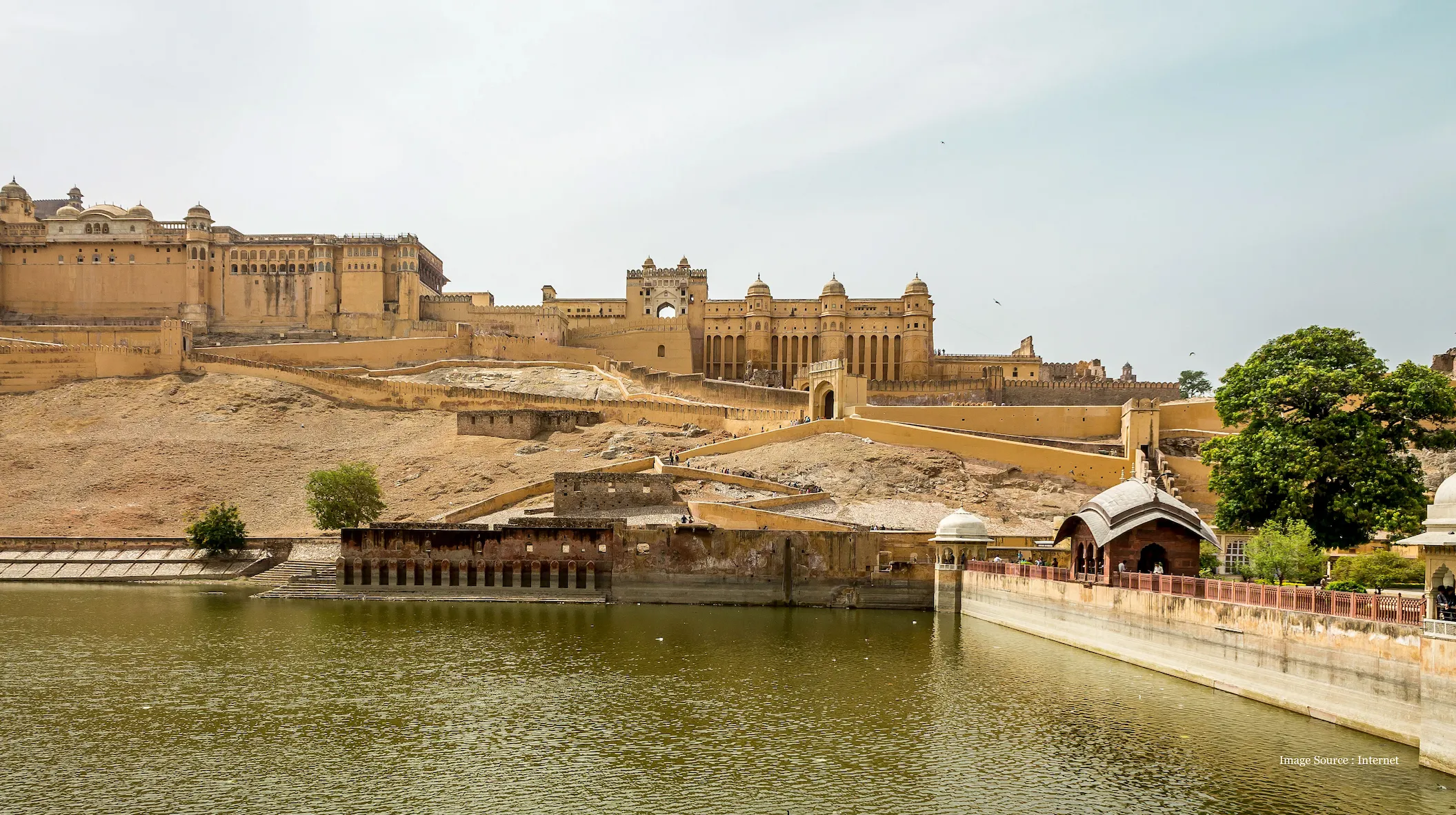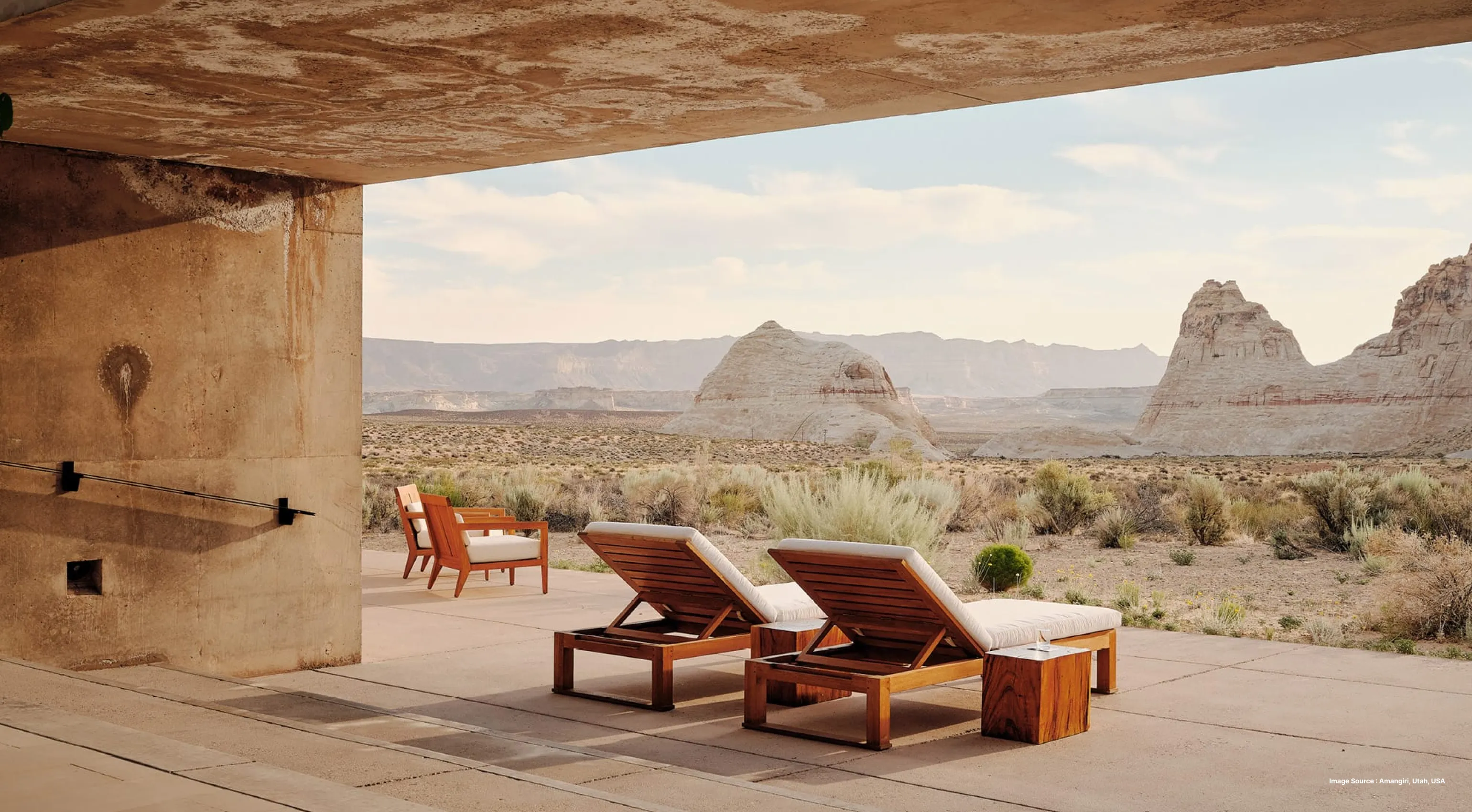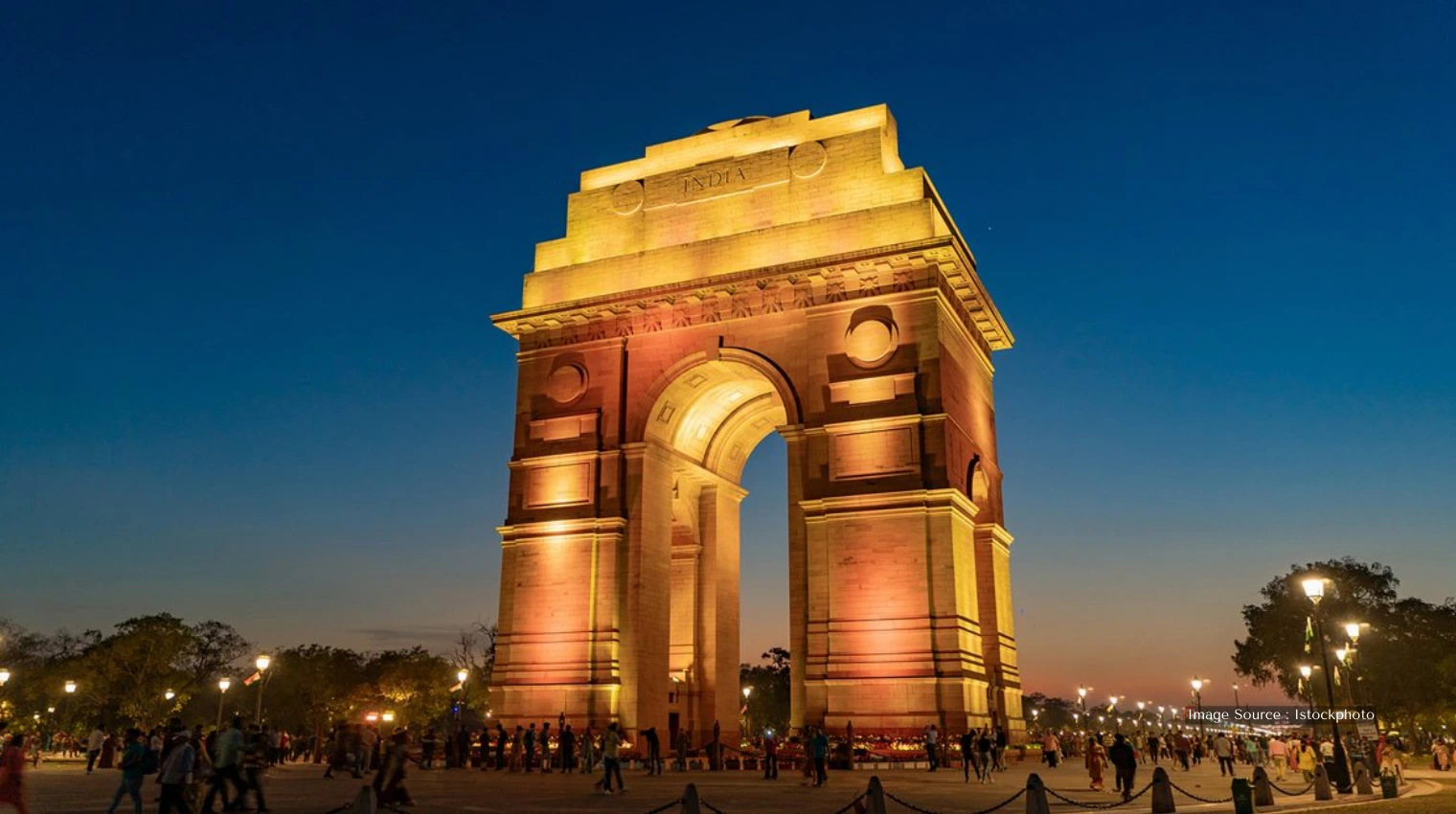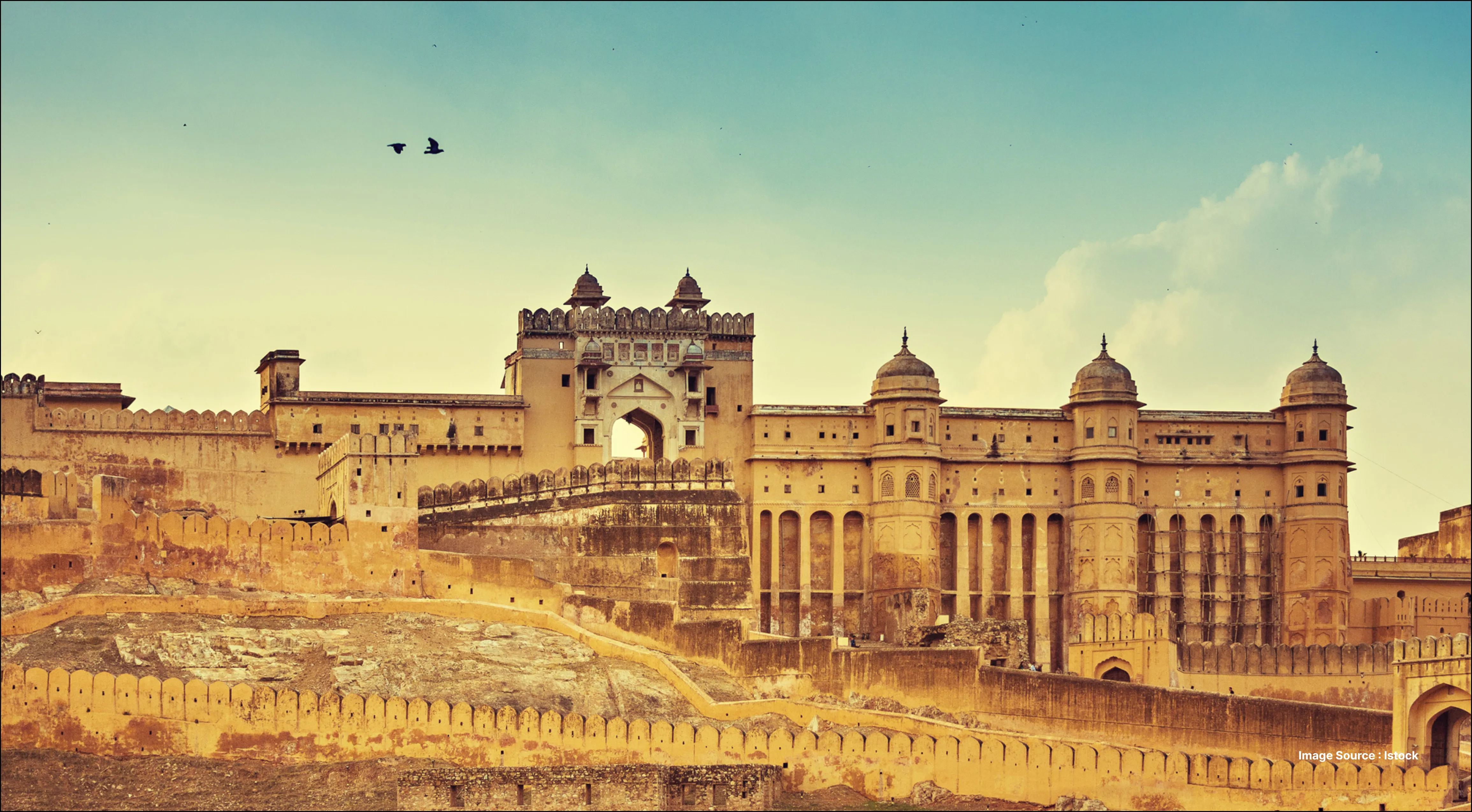Last Updated : Nov 19, 2025 | Author : Tanya Parsad | View Count : 1408 | Read Time : 7 min
Best Golden Triangle Holidays in Asia for Culture
I've spent years exploring Asia's most celebrated cultures, and there is no better way to capture their essence than a Golden Triangle tour. Quite a few countries have their 3 most iconic cities popular for mid-length tours. Each point of the triangle takes you through a different chapter, and together they summarise the essence of the region’s culture beautifully. So if you’re looking for your next immersive holiday in Asia, these Golden Triangle Holidays are three of the best ones, and trust me, each deserves a spot on your bucket list!
What are Asia's best Golden Triangle Holidays for culture explorers?
Golden triangle holidays are a brilliant way to capture the essence of a region or a country on a short holiday spread across three amazing destinations. India's classic golden triangle route takes you through Delhi, Agra, and Jaipur. Japan's version links Tokyo, Kyoto & Osaka. Then there's Sri Lanka, which most people overlook, but it has age-old UNESCO sites including the fascinating Sigiriya rock fortress.
Table of Contents
1. India's Golden Triangle: Delhi, Agra, and Jaipur & their Tales of Empires
2. Japan's Cultural Triangle: Tokyo, Kyoto, and Osaka
3. Sri Lanka's Ancient Triangle: Centuries across Sigiriya, Polonnaruwa, & Anuradhapura
4. FAQ
India's Golden Triangle: Delhi, Agra, and Jaipur & their Tales of Empires
Let me start with the one that pretty much invented & popularised the term “Golden Triangle”.
India's Golden Triangle connects its capital Delhi, Agra, and Jaipur, it's a 720-kilometer journey through centuries of Mughal grandeur, Rajput valor, and the vibrant, modern India. I've traveled this circuit maybe four times now, and each visit surprised me with something new.
Delhi has two major areas to explore, and they’re contrasting. Old Delhi's bustling lanes take you through centuries-old spice markets and street food that'll change your whole perspective on what flavours a single dish can have. I love the Heritage Walk Tour here, which has guided visits to the old Havelis of Chandni Chowk, the imposing Red Fort & the Jama Masjid, one of India’s largest mosques. Then you have New Delhi’s Lutyens’ Zone, characterized by wide boulevards and imperial architecture.
To reach your next destination, the city of Taj, the drive from Delhi to Agra takes about three to four hours. Having a private professional chauffeur-driven car makes this stretch actually enjoyable instead of exhausting. You can relax, stop mid-way to have a nice meal and maybe catch up on sleep if you're jet-lagged.
Agra though. That's where things find more meaning. Everyone thinks they know what to expect because they've seen a million photos of the Taj Mahal, but standing there at sunrise when the white marble catches those first rays is an entirely different experience. When my first guided visit revealed the fascinating facts about its symmetry, the inlay work with semi-precious stones and the love story behind it all– I was in awe. Shah Jahan built it for his wife Mumtaz Mahal, and you really can feel that devotion in every detail.
As someone who made this mistake during my first two visits, don't sleep on Agra Fort! It's vast and often overlooked because everyone's focused on the world’s wonder here. Shah Jahan spent his final years here, staring across the Yamuna River at his greatest creation, and visiting that spot within the fort adds to the emotional weight of your tour.
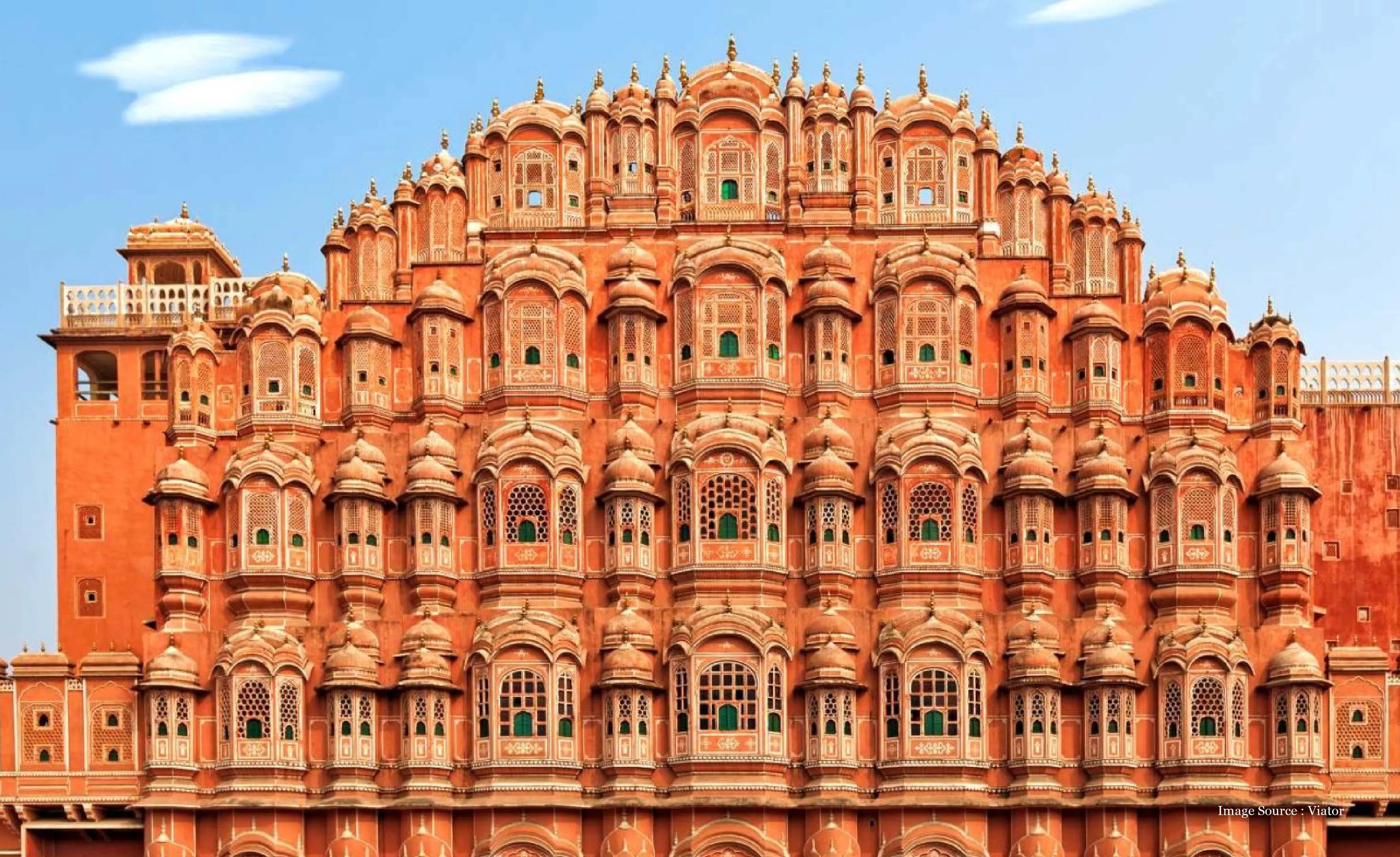
The royal city of Jaipur completes the triangle, and it's my personal favorite of the three. It’s adored as the Pink City (which is actually more terracotta) & it pulses with color and life. A must-visit here is the Amber (or Amer) Fort, which sits on a hilltop like something right out of a fantasy novel. The magnificent Hawa Mahal with its 953 windows was designed so royal women could observe street life without being seen. These aren't just buildings but statements about power, culture, and the human desire to create beauty.
I think what sets this Golden Triangle apart is the depth. You walk through the heart of multiple empires– the Mughals, the Rajputs, the Sultanate, all left their marks here. And when you get bespoke tailored itineraries from experts who really know the region, you get access to experiences most tourists miss. Be it meals in heritage properties or interacting with local artisans who've been practicing their crafts for generations.
The 24/7 white-glove concierge service becomes invaluable here too. India can be overwhelming (in the best way, but still). Having someone who can handle everything from restaurant reservations to last-minute itinerary changes means you actually experience things instead of spending half your day problem-solving.
TL;DR: India’s Golden Triangle is an immersive cultural journey through multiple eras of Indian history, featuring the Taj Mahal, vibrant markets, and stunning forts across Delhi, Agra & Jaipur.
Explore India's Golden Triangle with expert guides
Japan's Cultural Triangle: Tokyo, Kyoto, and Osaka
Japan does the Golden Triangle differently, where India is full of color and vibrant chaos, Japan brings subtlety & The route connects Tokyo, Kyoto, and Osaka, covering close to 450 kilometers. I love Japan's ability to honor its past while racing into the future.
I started my journey with Tokyo’s neon and noise. I watched in awe, the Shibuya Crossing in action– it truly is the world’s busiest. Harajuku’s young & electric energy is refreshing to participate in, and then you have neighborhoods like Asakusa where Senso-ji temple reminds you this city has roots stretching back centuries.
The amazing Shinkansen bullet train whooshes you to Kyoto in about two hours and fifteen minutes. I always grab a window seat because watching the countryside blur past at 200 miles per hour never gets old! You can bring bento boxes on board, and enjoy perfect sushi while going past Mount Fuji.
Kyoto is where Japan keeps its soul, it was the imperial capital for over a thousand year– and it shows. Fushimi Inari shrine with its thousands of orange torii gates winding up the mountain, Kinkaku-ji's gold-leaf-covered pavilion, and the bamboo groves of Arashiyama that sound like nature's own music– I spent three days here once and realised I barely scratched the surface!
The geisha districts (Gion and Pontocho) are driven by rules and traditions that haven't changed in centuries. If you're lucky and patient, you might spot a geiko or maiko hurrying to an appointment, their white makeup and elaborate kimonos standing out.
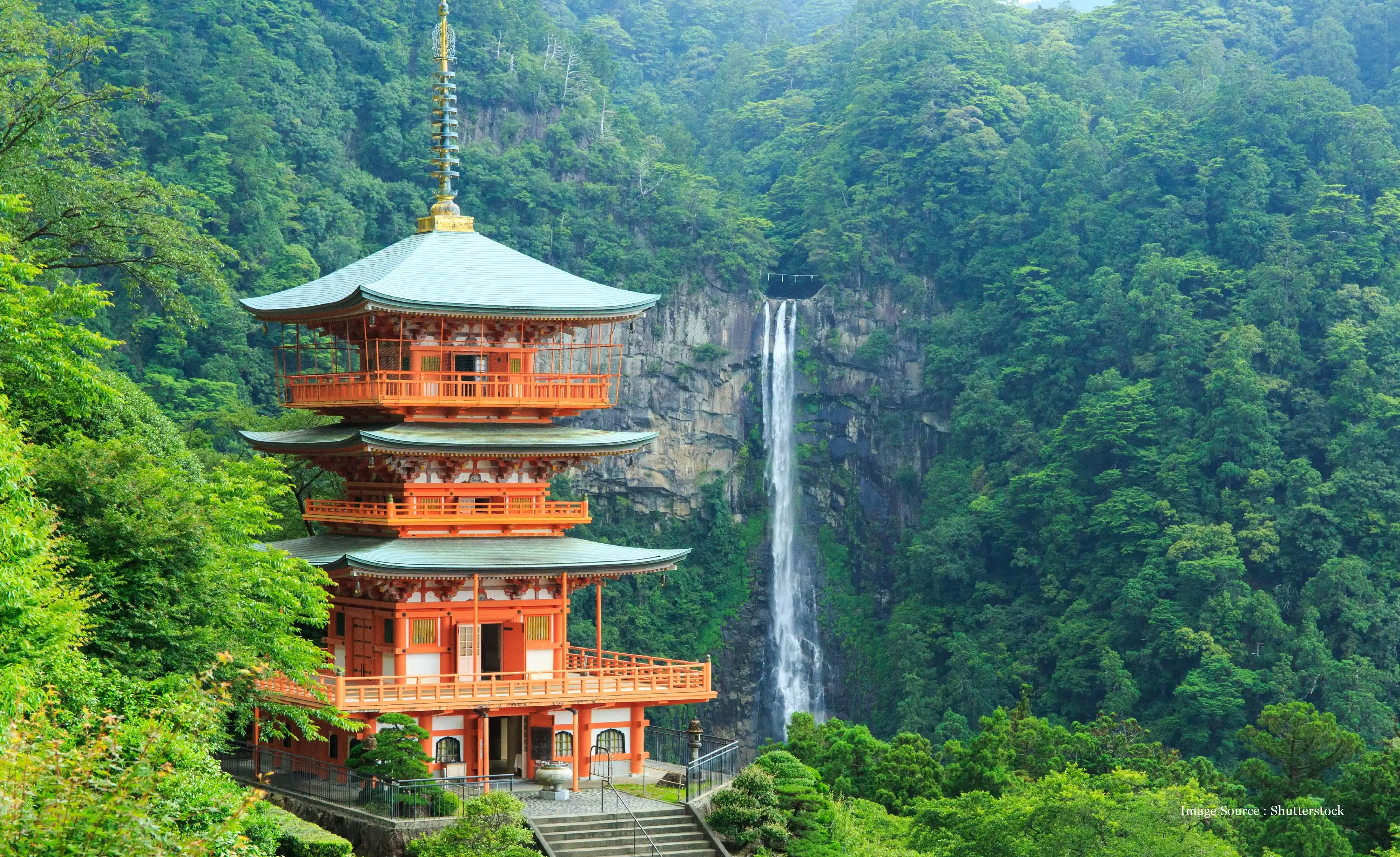
Osaka rounds out the triangle as Japan's kitchen. This city takes food seriously in a way that even Tokyo can't match. Dotonbori's neon-lit streets offer takoyaki and okonomiyaki that'll ruin you for the versions back home, and the magnificent Osaka Castle showcases the city's warrior past, though I'll say the reconstruction doesn't quite have the same historical charm as some of Japan's other castles.
Let us craft your bespoke Indian adventure
Sri Lanka's Ancient Triangle: Sigiriya, Polonnaruwa, and Anuradhapura Guard Centuries
Sri Lanka's cultural triangle might be the least known of these three, but I consider it arguably the most archaeologically significant. Located in the north-central part of the island country, this triangle is made up of three UNESCO World Heritage sites that date back over two millennia!
Sigiriya comes first, and it is the showstopper. A grand rock fortress rises 200 meters out of flat jungle terrain, and a palace built on top of it by King Kashyapa in the 5th century AD. The climb up has about 1,200 steps, and halfway up you can enjoy the famous frescoes of celestial maidens that have somehow survived 1,500 years of weather & time.
The view from the top makes every step worth it– you see miles across the jungle canopy, and the ruins of the palace gardens. The pools and fountains still work during the rainy season, which is quite mind-blowing when you think about it.
Polonnaruwa comes next, it served as Sri Lanka's capital from the 11th to 13th centuries after Anuradhapura fell. The ruins here are more extensive and better preserved than you could expect. The Gal Vihara rock temple, for example, features four Buddha statues carved from a single granite wall! You can still see the layout of an ancient city– the royal palace, the council chamber, the bathing pools.
Anuradhapura takes you back even further. This was Sri Lanka's first capital, founded in the 4th century BC and continuously inhabited for over 1,300 years. The dagobas (stupidic mounds) scattered throughout Anuradhapura are massive. The 103 meter tall Ruwanwelisaya dagoba here dates to 140 BC.
TL;DR: Sri Lanka’s Golden Triangle is made up of 3 remarkably preserved UNESCO World Heritage sites– ancient capitals & rampant fortresses– spanning thousands of years.
Start planning your golden triangle holiday
Which Golden Triangle Holiday Suits You the Best?
Here's the thing about choosing between these triangles. They're all incredible, but they offer very different experiences:
|
Aspect |
India |
Japan |
Sri Lanka |
|
Best For |
First-time Asia visitors wanting a great deal of cultural diversity |
Travelers who appreciate order, nature & aesthetics in general |
History enthusiasts and archaeology lovers |
|
Climate |
Can be very hot in summers, winters are amazing for travel |
Seasonal but generally comfortable |
Tropical heat, humidity can be intense |
|
History to Witness |
Continuous habitation 3000+ years; monuments from 12th century onwards prominently preserved |
Ancient cities dating back 2000+ years |
Well-preserved sites from 8th century onwards |
How to Make these Golden Triangle Holidays Happen?
Timing matters for all three routes. India's Golden Triangle is best done between October and March when temperatures are pleasant. Japan works year-round to be fair, though spring cherry blossoms and fall are magical if you can make it. Sri Lanka's best months are December through March for its golden triangle region.
I keep returning to these routes because they never feel explored enough. There's always another layer to discover, another story to hear, another moment that stops you in your tracks. And that's what makes them golden!
FAQs
1. How many days do I need for India's Golden Triangle?
You'll want at least six to seven days to do it properly. I've seen people rush through in four days, but you'll be exhausted and miss a lot. Eight to ten days lets you really absorb everything without feeling like you're just checking boxes off a list.
2. Is it safe to travel these routes independently?
Generally yes, all three are well-established tourist routes with good infrastructure. That said, having local expertise always makes things smoother and opens doors that independent travel can't. Safety isn't usually the issue, it's more about maximizing your experience and not wasting precious vacation time on logistics.
3. Can I do multiple Golden Triangles in one trip?
You absolutely can, though it might be intense. India to Sri Lanka is relatively close and doable in a two to three-week trip. Adding Japan requires more time and a bigger budget, but if you've got three to four weeks, you could theoretically hit all three. Just remember that quality beats quantity every time.
plan your bespoke india journey today
tell us what inspires you - and we will handcraft an experience that mirrors your elegance, pace & personality.
START PLANNINGBlogs Categories
It is a Sanskrit verse taken from an ancient Bharat (Indian) scripture
which means ‘The Guest is like God’.
In Bharat (India), guests are always welcomed with open arms and given
You Will Like These Too...
It is a Sanskrit verse taken from an ancient Bharat (Indian) scripture
which means ‘The Guest is like God’.
In Bharat (India), guests are always welcomed with open arms and given
TRAVELOSEI PROMISE
What To Expect?
The Real India,
Re-Imagined For You
India is not just a destination - it's a world with-in the world. TRAVELOSEI go far beyond guide-books to offer you an India that is authentic yet exclusive, spiritual yet sophisticated delivered through private doors, rare access, and impeccable attention to details.
Trusted By Global Elites
From World Class Leaders to Forbes Listed Families and international Royalties to
visionary CEOS.
Our clientele chooses us for one reason - We Know India. Over two decades of providing
experiences which aren't just luxurious - they are intimate, curated & wildly rare.
Bespoke Travel Experience
For those who seek truth in detail, art in hospitality, and identity in experience. Our Luxury Travel Architect work discreetly and personally with you to craft travel experiences that go beyond 5 Stars, where every detail whispers luxury - and legacy.
White-Glove Concierge
24 X 7 Dedicated Concierge Support even in the wildest corners of India. At TRAVELOSEI, our concierge team ensures that everything-from airport- tarmac pick-ups, last minute reservations and private spiritual sessions - is handled before you even ask.
